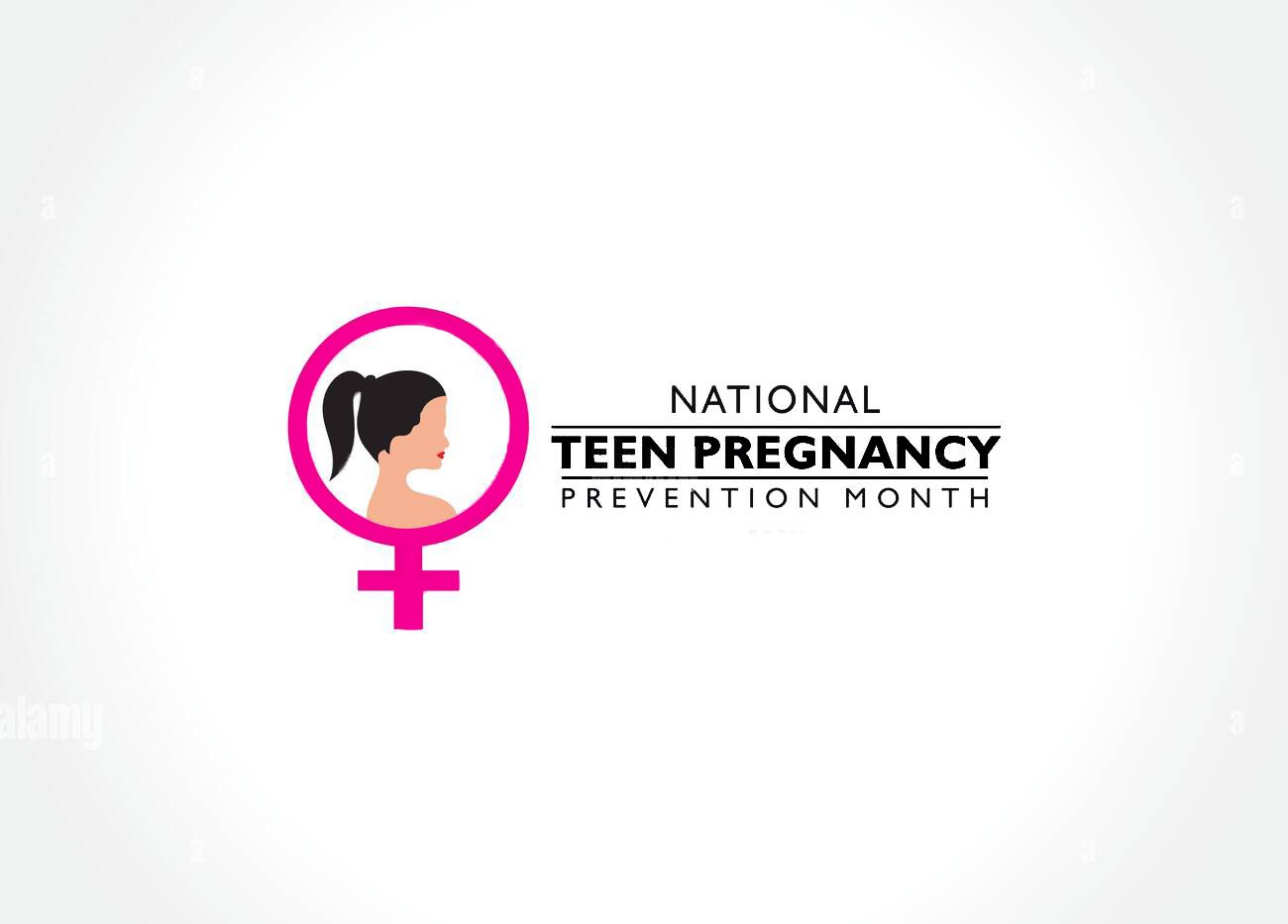Search by Color or Cause


National Teen Pregnancy Prevention Month is observed in May. The month is sponsored by the Health and Human Services Office of Adolescent Health. By preventing teen and unplanned pregnancy, other serious social problems can improve. These include poverty (especially child poverty), child abuse and neglect, father-absence, low birth weight, school failure, and poor preparation for the workforce. Wear white for National Teen Pregnancy Prevention Month!
During National Teen Pregnancy Prevention Month, the nation turns its attention to teen pregnancy prevention. It also focuses on the great strides made over the last 20 years. While there have been advances in reducing teen pregnancy, progress is still needed. This is especially true about the racial/ethnic gap. There are racial/ethnic and geographic disparities in teen birth rates in the United States. Although the teen birth rate is at a historic low, the United States has one of the highest rates in the industrialized world. Birth rates are higher among American Indian/Alaska Natives and non-Hispanic blacks than among their non-Hispanic white counterparts.
Teen pregnancy prevention is one of the Centers for Disease Control and Prevention’s (CDC) top seven priorities. It is also considered a “Winnable Battle” in public health. CDC encourages prevention partners, schools, and other youth serving organizations to amplify teen pregnancy prevention efforts. This can be done through a variety of mediums and efforts.
Show your support for NTPPM and National Adolescent Health Month (NAHM) by wearing yellow. Dress in yellow, wear a yellow hat, or put a yellow ribbon in your hair. Then post pictures to social media with one of thed hashtags #NTPPM #TeenPregnancyPrevention #IWearYellow4NTPPM #Yellow4NTPPM or #NAHM.
In order to make well-informed, healthy decisions, it’s important young people be educated about sexual and reproductive health. During adolescence, youth experience physical growth. They experiment with new activities, begin thinking more critically, and develop more diverse and complex relationships. Although studies show teen birth rates have decreased more than 40% in the past decade, they are still too high. In addition, they disproportionately affect youth in foster care, homeless youth, parenting teens, and LGBTQ+ youth.
Additionally, racial and ethnic disparities persist. According to the CDC, in 2019, non-Hispanic white teens had a birth rate of 11.4, while African Americans and Hispanics had a rate that was twice as high (25.8 and 25.3 respectively) and the birth rate among American Indian/Alaska Native teens (29.2) was highest among all ethnicities. Finally, even though 38.4% of all high school students reported they had never had sexual intercourse, adolescents ages 15-24 account for nearly half of the 20 million new cases of sexually transmitted infections each year.